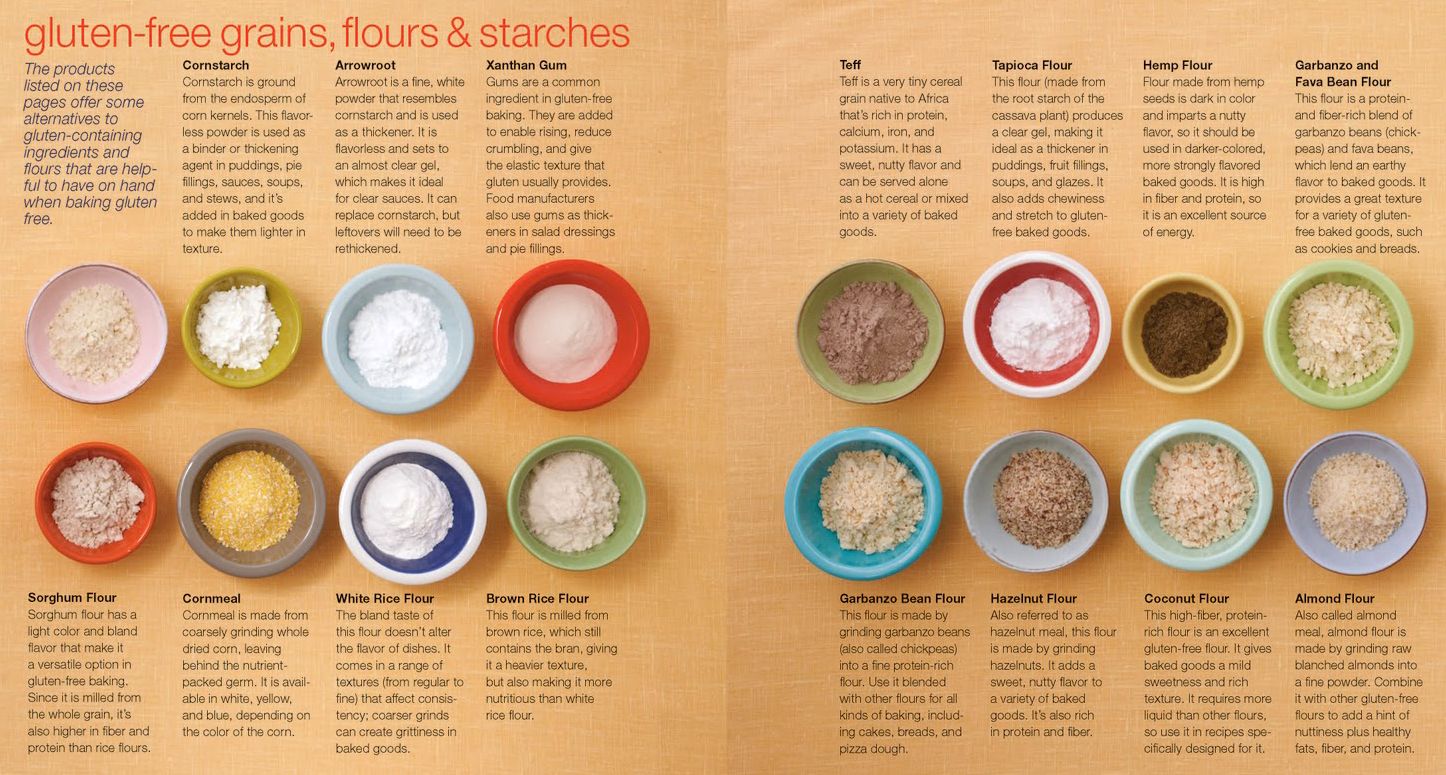
One of the biggest misconceptions in regards to weight issue surrounds the practise or belief in crash dieting. Crash diets are unlikely to result in long-term weight loss. In fact, they can sometimes lead to longer term weight gain and most often than not can even be detrimental to one’s health! The confusion of eating right
The importance of eating right has been repeatedly emphasized by many physicians and weight loss specialists alike but with the array of food and produce available it can be a confusing (and daunting even) undertaking at times.
One of the most discussed topics when it comes to food and weight issues revolves around the subject of Gluten. In an essence, gluten is a protein found in wheat, barley, and rye.
It makes pizza dough stretchy, gives bread its spongy texture and is used to thicken sauces and soups. However the difference between gluten and other proteins is that it’s hard to be digested completely and for those with celiac disease (chronic digestive disorder), it can be a matter of life and death.
So why don’t we just avoid gluten?

Well as simple as the solution may seem, gluten can also turn up in unexpected places like certain brands of chocolate, imitation crab (surimi), deli meats, soy sauce, vitamins and even some toothpastes.
Gluten-free eating has been the dietary practice of many as a healthy weight management method. Some gluten-free foods include beans, seeds and nuts in their natural unprocessed form.
Fresh eggs, fresh meats, fish and poultry (not breaded, batter-coated or marinated), fruits, vegetables and most dairy products also fall under the gluten-free category. It's important however to make sure that they are not processed or mixed with gluten-containing grains, additives or preservatives. Many grains and starches can also be a part of a gluten-free diet. 
Click for enlarged image.
These include amaranth, quinoa, gluten-free flours (rice, soy, corn, potato, and bean) and more.
Avoiding wheat can be especially challenging as it involves avoiding all wheat-based flours and food made with wheat. These include pasta, bread, cookies, pastries, cereal, gravy, dressings and for those who indulge in a pint or two, beer. Gluten can also be present in self basting turkey, seasoned chips and other seasoned snack foods.
Iron, B vitamins and fiber in Gluten

There are many counter arguments when it comes to gluten-free diets. Some research has suggested that those who avoid gluten may be more likely to miss out on important nutrients such as iron, B vitamins and fiber. Hence, careful and well-advised meal planning is essential to realize the full potential benefits of a gluten-free diet.
As with other weight loss programmes and diets, it’s always best to seek expert advice from qualified physicians and specialists before embarking on them. With a more attuned knowledge of one’s body coupled with due diligence, the dream of a healthier you can be a reality waiting around the corner.